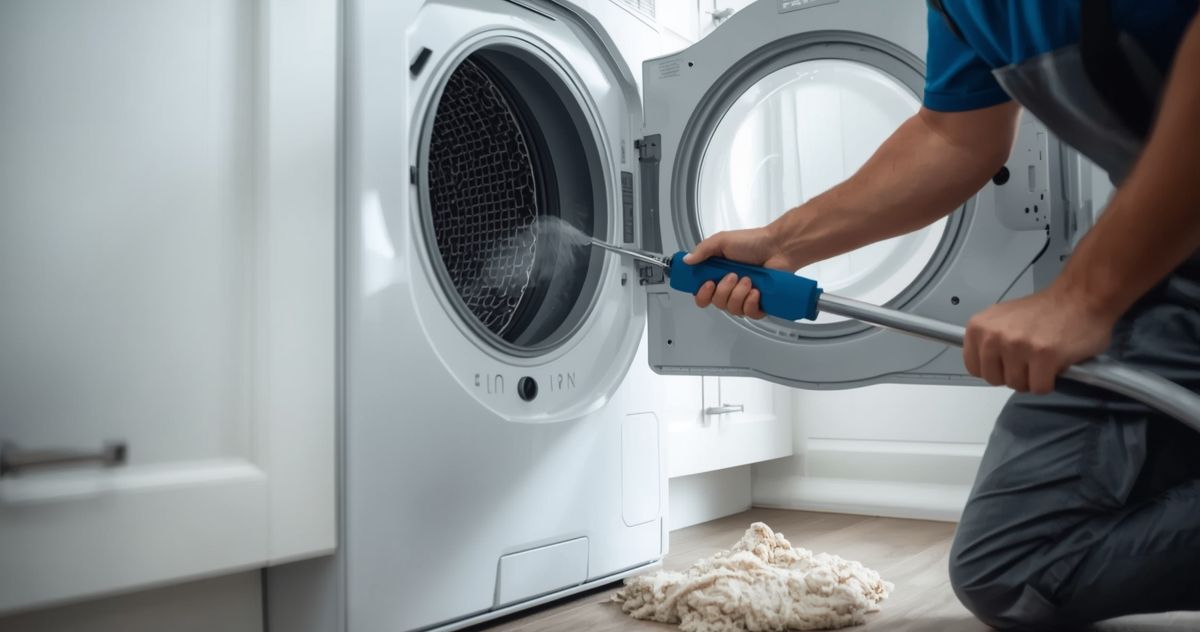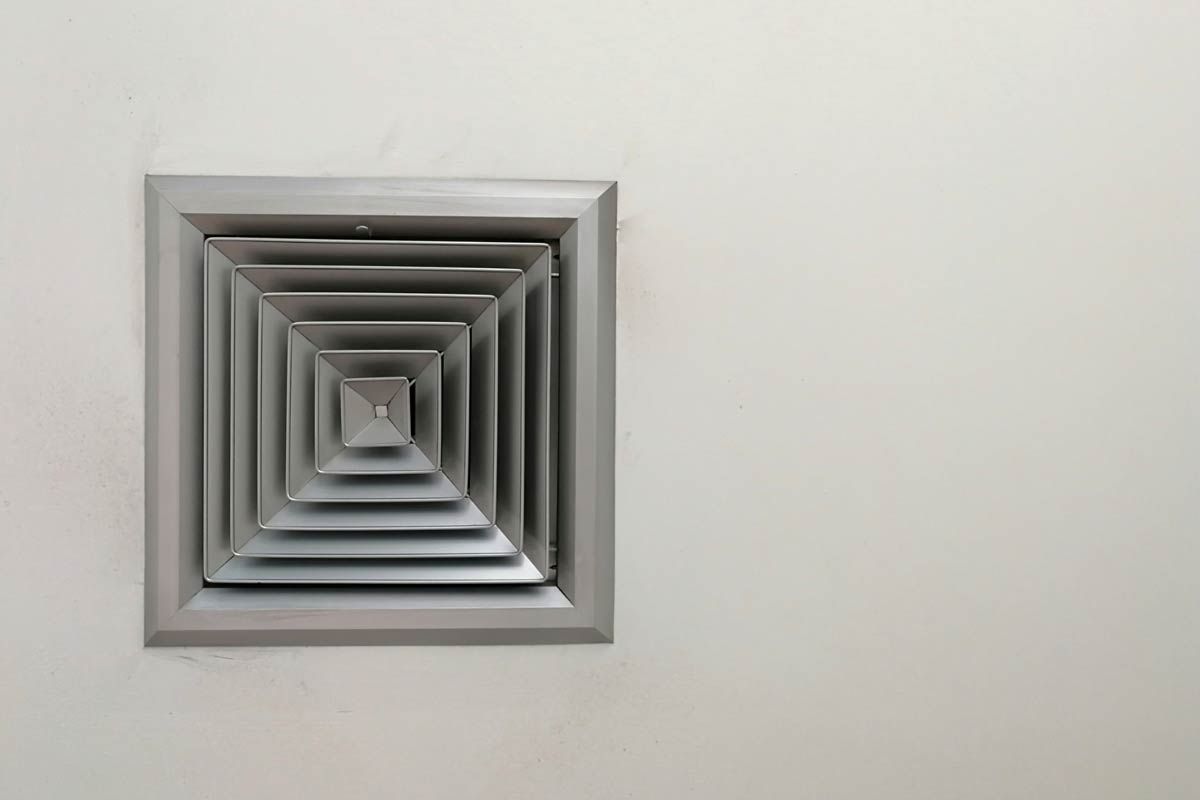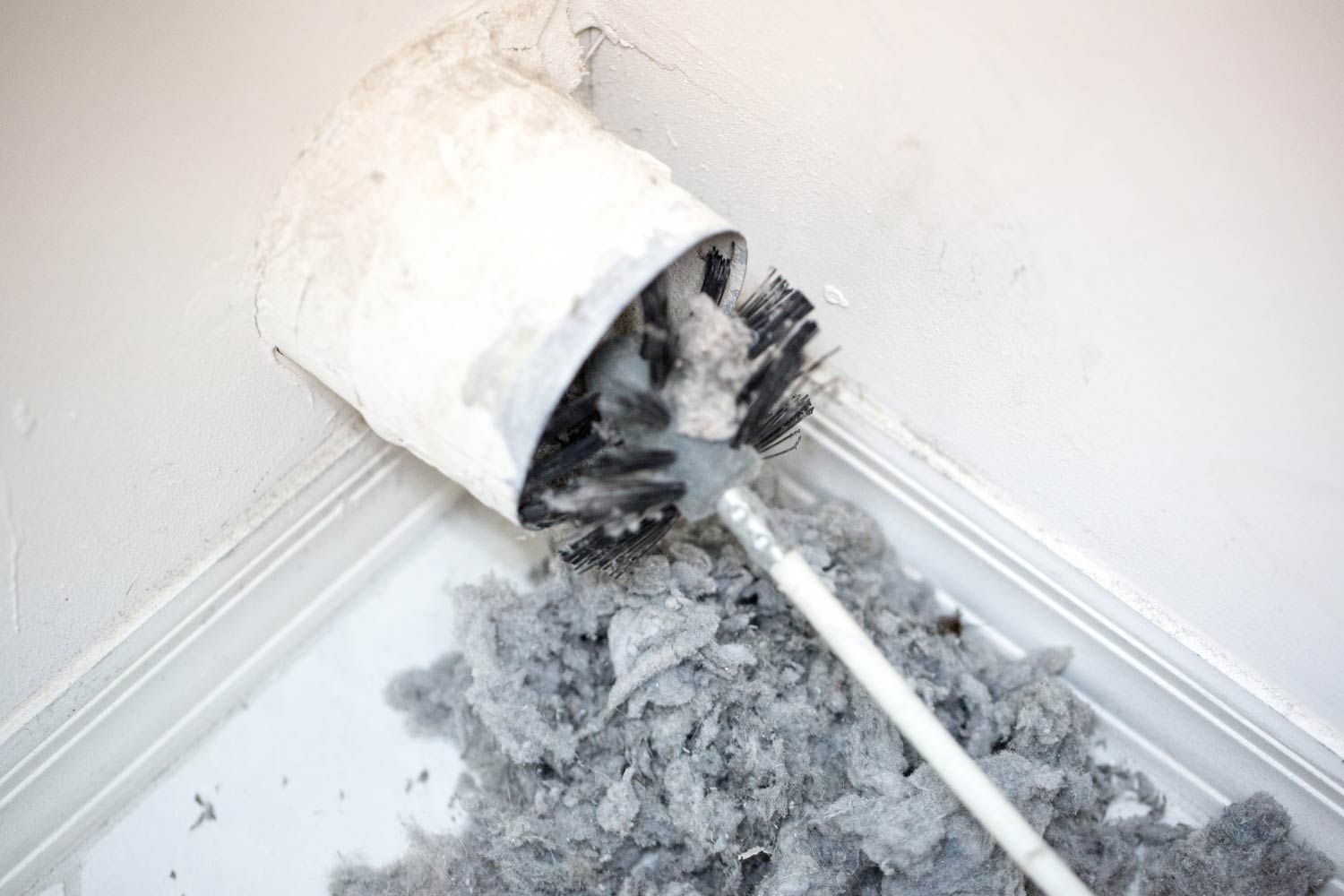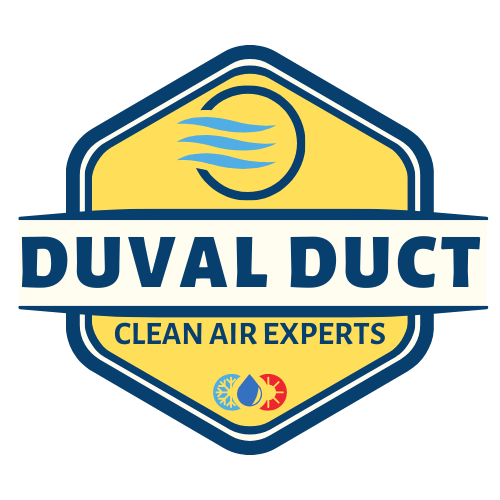Signs Your HVAC System Needs Maintenance
Your HVAC (heating, ventilation, and air conditioning) system is the backbone of home comfort. From keeping you cool in summer to warm in winter, a well-maintained system is crucial. However, many homeowners overlook HVAC yearly maintenance, leading to unexpected breakdowns, decreased efficiency, and costly repairs.
With that in mind, it’s important to know the key signs that your HVAC system needs maintenance, how often to service the HVAC, and why scheduling regular tune-ups is essential.
Why HVAC Maintenance Is Critical
Regular HVAC systems maintenance is more than a seasonal checkup. It keeps your system efficient, reduces energy bills, extends equipment lifespan, and improves indoor air quality. According to the U.S. Department of Energy, well-maintained systems can cut energy use by up to 15%, saving homeowners hundreds of dollars annually.
Neglecting maintenance can lead to:
- Unexpected breakdowns
- Higher energy bills
- Poor indoor air quality
- Reduced comfort
- Costly emergency repairs
By recognizing early warning signs, you can schedule timely HVAC system checkups and tune-ups, ensuring your system operates at peak performance throughout.
Signs Your HVAC System Needs Maintenance
1. Inconsistent Temperatures
Uneven heating or cooling is one of the most noticeable signs that your HVAC system requires attention. Rooms that feel too hot or cold can indicate airflow problems, duct leaks, or failing system components.
Possible causes:
- Dirty air filters
- Blocked vents
- Leaky ducts
- Malfunctioning thermostats
If you notice hot or cold spots, a professional HVAC system checkup can identify and fix the issue, restoring balanced comfort.
2. Strange Noises
Your HVAC system should operate quietly. If you hear banging, squealing, grinding, or rattling, it’s a warning your system may need HVAC yearly maintenance.
Causes include:
- Loose or worn-out parts
- Motor issues
- Fan problems
- Debris in the system
Ignoring strange noises can lead to costly repairs or even system replacement. A thorough HVAC system tune up helps prevent these problems.
3. Reduced Airflow
Weak airflow is a common sign of a struggling system. Poor airflow could be due to dirty filters, blocked ductwork, or a failing blower motor.
Maintenance tips:
- Replace air filters every 1–3 months
- Keep vents and registers clear
- Schedule professional air conditioning systems maintenance
Proper airflow ensures efficient heating and cooling while preventing overworking of your HVAC system.
4. Unpleasant Odors
Strange smells indicate a need for immediate attention.
Typical odors:
- Musty or moldy: Possible mold in ducts or condensation issues
- Burning: Electrical issues or overheating components
- Chemical smells: Refrigerant leaks
Addressing odors promptly with HVAC maintenance system checks helps prevent bigger problems.
5. Frequent Cycling
If your system turns on and off frequently (short cycling), it may be due to dirty filters, thermostat issues, or improper system sizing.
Regular home HVAC tune up sessions prevent short cycling, maintaining efficiency and reducing wear on components.
6. Rising Energy Bills
A sudden increase in energy bills without a usage increase often signals that your system needs HVAC systems maintenance. Inefficient systems use more energy to maintain comfort.
Efficiency issues include:
- Dirty coils and filters
- Leaky ducts
- Low refrigerant levels
- Electrical problems
Routine air conditioning HVAC maintenance restores efficiency and keeps bills manageable.
7. Frequent Repairs
Constant breakdowns or recurring issues are a clear sign that your HVAC system needs a thorough HVAC system checkup or even replacement.
Replacement indicators:
- System over 10–15 years old
- Repairs cost over 50% of a new system
- Frequent breakdowns
Scheduling regular HVAC schedule checkups ensures problems are caught early.
8. Water Leaks or Moisture Issues
Water pooling around your HVAC system signals drainage or condensation problems.
Causes:
- Clogged condensate drain
- Frozen evaporator coil
- Leaky refrigerant lines
Regular HVAC heater maintenance and system inspections prevent water damage and mold growth.
9. Poor Indoor Air Quality
Dust, allergens, and odors may indicate that your system is not being properly maintained. Dirty filters, ducts, and coils circulate pollutants, affecting indoor air quality.
Preventive measures:
- Replace filters regularly
- Clean ducts and vents
- Schedule home HVAC tune up
Maintaining your system ensures cleaner, healthier air for your family.
10. Thermostat Problems
Thermostats that give incorrect readings or fail to maintain set temperatures indicate your system may need a HVAC system tune up or calibration.
Upgrading to a smart thermostat during regular HVAC yearly maintenance can improve efficiency and convenience.
How Often to Service HVAC
Many homeowners wonder how often you should get your HVAC serviced. The answer depends on usage, system type, and environmental conditions. General guidelines:
- Air Conditioning Systems: Schedule service at least once a year, ideally before the summer cooling season. This ensures your system is ready to handle the hottest months efficiently.
- Heating Systems: Service your heating system at least once a year, typically before winter. Proper maintenance reduces the risk of breakdowns during cold weather.
- Full System Tune-Up: Perform a complete HVAC tune-up every 12 months as part of your annual HVAC maintenance plan. This includes checking refrigerant levels, inspecting ductwork, cleaning coils, and testing system performance.
Following a consistent HVAC schedule prevents costly repairs and extends system life.
Benefits of Regular HVAC Maintenance
Regular HVAC maintenance offers more than just peace of mind, it protects your investment, keeps your home comfortable, and saves money in the long run. Key benefits include:
- Energy Efficiency: A properly maintained system operates more efficiently, reducing energy waste and lowering your monthly utility bills.
- Reduced Repairs: Routine inspections and tune-ups allow technicians to spot potential problems early, preventing costly breakdowns and major repairs.
- Longer Lifespan: Systems that receive regular care last longer. Simple tasks like cleaning coils, checking refrigerant levels, and lubricating moving parts can extend the life of your HVAC unit by several years.
- Improved Air Quality: Maintenance helps remove dust, allergens, and mold from your system, improving the air you breathe and supporting a healthier home environment.
- Reliable Comfort: Regular service ensures consistent heating and cooling throughout your home, preventing hot or cold spots and unexpected system failures.
A scheduled home HVAC tune up is key to achieving these benefits.
Final Thoughts
Your HVAC system is a major investment in comfort and energy efficiency. Recognizing the signs of required maintenance such as inconsistent temperatures, strange noises, poor airflow, and rising energy bills helps prevent breakdowns.
2025 is the year to prioritize HVAC yearly maintenance, schedule regular HVAC system tune ups, and follow a consistent HVAC schedule to keep your system operating at peak performance.
Schedule your HVAC maintenance system checkup today. Ensure your home stays comfortable year-round with professional air conditioning HVAC maintenance and expert HVAC heater maintenance.
Frequently Asked Questions
How often should you get your HVAC serviced?
It’s recommended to have your HVAC system inspected and serviced at least once a year. Ideally, schedule air conditioning systems maintenance before summer and HVAC heater maintenance before winter. A yearly home HVAC tune up helps maintain efficiency and prevents costly breakdowns.
What is included in an HVAC system tune up?
A complete HVAC system checkup usually includes inspecting and cleaning coils, checking refrigerant levels, testing airflow, examining electrical components, and verifying thermostat function. Regular tune-ups ensure your system runs smoothly and efficiently.
Can I perform HVAC maintenance myself?
Yes, some basic tasks can be done at home, such as replacing air filters, cleaning vents, and checking thermostat batteries. However, for a full HVAC maintenance system, it’s best to hire a professional technician to handle inspections, refrigerant checks, and system calibration.
Why is HVAC yearly maintenance important?
Regular HVAC systems maintenance improves energy efficiency, extends the lifespan of your equipment, reduces the risk of unexpected breakdowns, and ensures better indoor air quality. Skipping yearly maintenance can lead to higher energy bills and expensive repairs.
How do I create an HVAC maintenance schedule?
Creating an HVAC schedule is simple:
- Spring: Perform air conditioning HVAC maintenance before the cooling season
- Fall: Schedule HVAC heater maintenance before winter
- Mid-year: Quick home HVAC tune up or filter replacement



